Cystoscopy
Cystoscopy is a diagnostic procedure that allows to visually assess the condition of urethra, urinary bladder and urethral orifices with a specialized endoscope called cystoscope. Urinary bladder cystoscopy is often used as an additional diagnostic technique in case of prostatitis, benign prostatic hyperplasia and adenocarcinoma.
Cystoscopy may be effective in the diagnostics of urethritis, cystitis, prostatitis, tumors, urinary incontinence, urinary stone disease, exulceration, polyps, papillomas, ureterocele, stones and anatomical pathologies of urogenital organs.
Cystoscopy is prescribed as an additional diagnostic technique in case if laboratory diagnostics and ultrasound were not enough to determine a precise diagnosis.
Cystoscopy is performed to determine or to confirm the diagnosis in the following cases:
- cystitis;
- urinary incontinence;
- urinary tract constriction;
- stones in the urinary tract, polyps and tumors of the urinary tract.
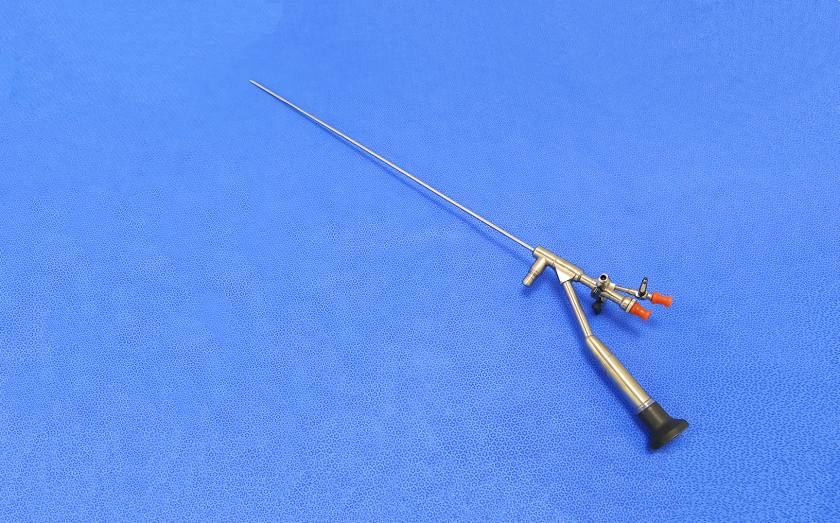
Indications for prescription of this type of examination in case if the following conditions are revealed:
- blood in the urine;
- cloudiness of urine;
- pain in the lower abdomen or lumbar pain;
- pain feelings during uriesthesia (urethralgia, burning sensation);
- sensation that the urinary bladder is not completely empty;
- frequent urge for urinary bladder emptying.
Diagnostic procedure is not prescribed for the following patients:
- with decompensation of renal disease and hepatic impairment;
- after a myocardial infarction;
- pregnant women.
Contraindications for cystoscopy are inflammatory diseases of the urinary bladder and urethra in the acute stage.
Description of cystoscopy
Cystoscopy does not require any special preparation. The only condition for a quality checkup is the full urinary bladder.
A patient must take off all the clothes from the waist down and lie on a couch. The endoscope is inserted through the urethra. The procedure itself is actually painless, the only type of discomfort a patient may feel is related to the injection of the medication.
Sampling of biological materials (biopsy) for analysis is possible in the process of cystoscopy.
The procedure lasts 15-20 minutes. A patient may have pain feelings during uriesthesia after the procedure that go off 2 days after it.
Our advantages
Cost of cystoscopy services
Choose the nearest clinic
ISO certificates
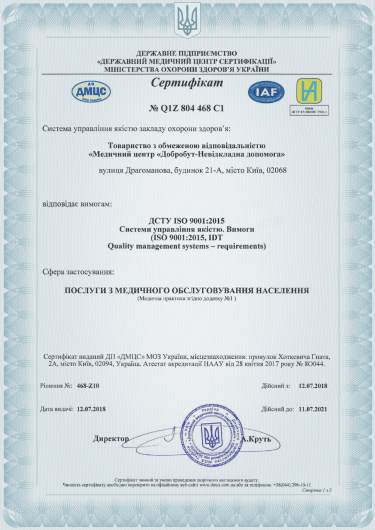
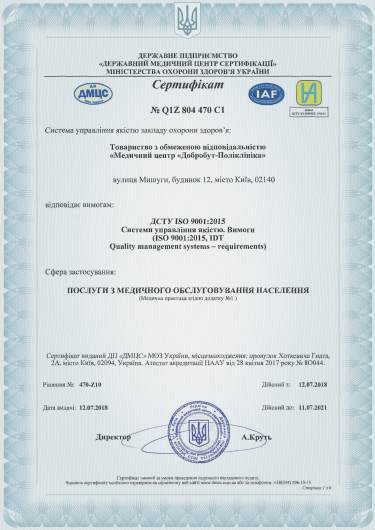
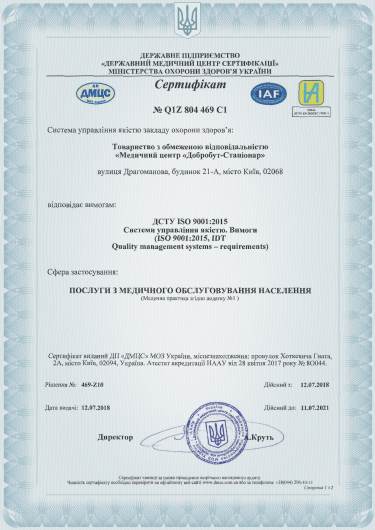
Accreditation certificates
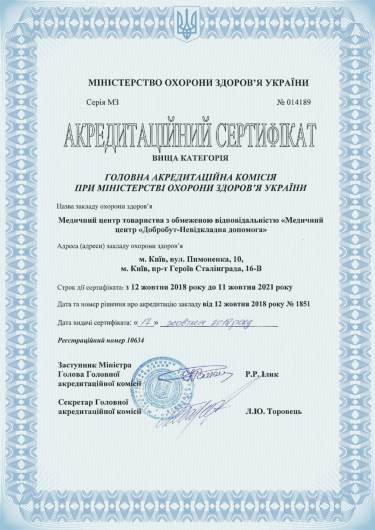
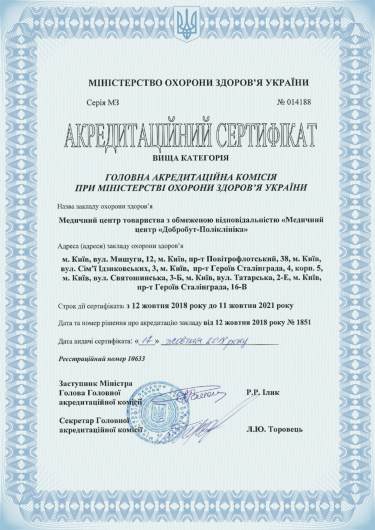
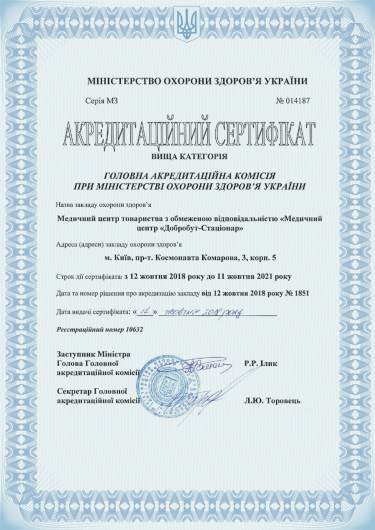
Medical practice licenses
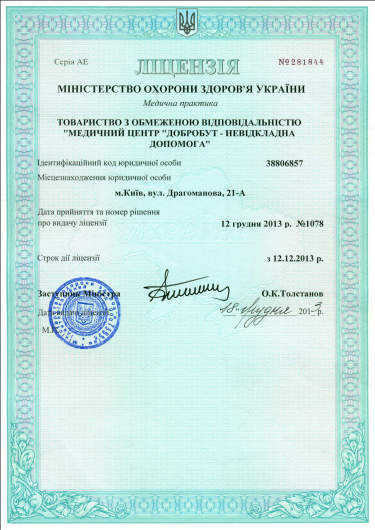
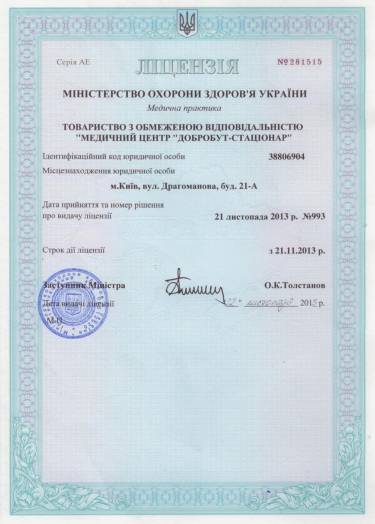
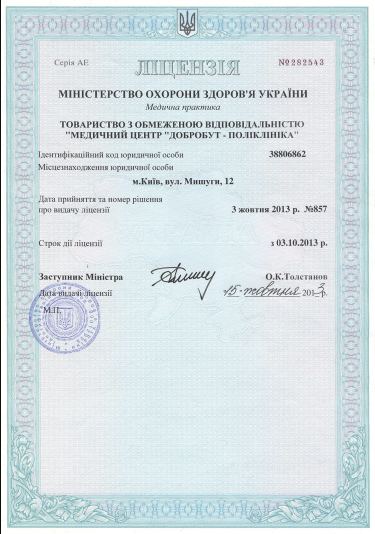
.png)






%402x.png)
%402x.png)
